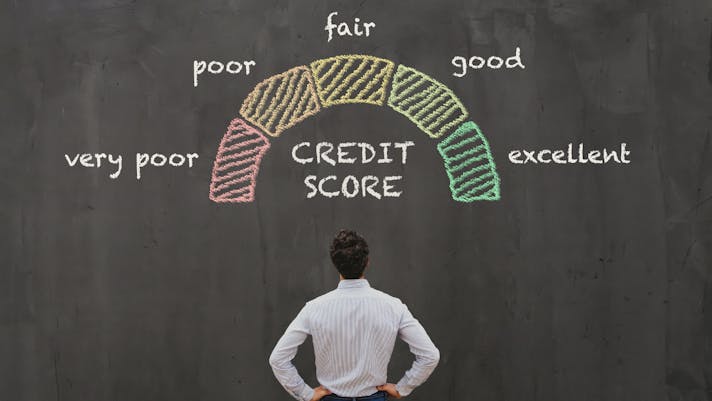The Effects of Missed or Late Payments on Credit Scores
Your credit score is an important consideration for lenders when determining your eligibility for loans, credit cards, and other forms of credit. A strong credit score opens up financial prospects and can assist you in obtaining better borrowing rates and conditions. A low credit score, on the other hand, can make it harder to obtain loans and credit, as well as result in higher interest rates. Your payment history, including missed or late payments, is one of the most important elements that might damage your credit score.

A late payment occurs when you miss a payment or make a payment after the due date. Late payments can lower your credit score and remain on your credit report for up to seven years. The severity of the impact is determined by the type of loan, the lateness of the payment, and your payment history.
For example, a late mortgage payment is typically considered more serious than a late credit card payment. Late payments on credit cards and other revolving accounts, such as personal loans, can result in a significant decrease in your credit score. On the other hand, missed payments on installment loans, such as car loans or student loans, can also have a negative impact on your credit score, but the impact may be less severe.
Missed or late payments can have a significant impact on your credit score, so it's important to know how to minimize damage and improve your credit score.
Minimizing the Impact of Missed or Late Payments
Here are a few steps you can take to minimize the impact of missed or late payments on your credit score:
- Make all future payments on time: Making all future payments on time is one of the best ways to minimize the impact of missed or late payments on your credit score. Late payments might harm your credit score, so it's critical to pay all of your expenses on schedule in the future. This will show to lenders that you are a responsible borrower and will help your credit score grow over time.
- Reduce your credit utilisation: Because high credit consumption might harm your credit score, it is critical to reduce your credit utilisation. You can accomplish this by paying off your credit card bills and avoiding additional debt.
- Dispute credit report inaccuracies: If you discover problems on your credit report, it is important that you dispute them. You have the right to file a dispute with the credit bureau or the lender who submitted the information to the credit bureau.
- Keep previous credit accounts open: Because the duration of your credit history influences your credit score, it's critical to keep old credit accounts active. Closing an old credit account will reduce your credit history, which can lower your credit score.
- Avoid applying for new credit: Because a large number of recent credit inquiries might have a negative influence on your credit score, it's best to avoid applying for new credit. If you must apply for new credit, attempt to do so as soon as possible so that only one query appears on your credit report.
Want to read more tips like this?
Join my newsletter to keep updated on all my newest hints and tricks.
Terms of Service
Privacy Policy
Missed or Late Payments and Your Credit Score
Your credit score is an important factor in deciding your financial options. Missed or late payments can have a negative impact on your credit score, so it's critical to avoid them. If you have missing or late payments on your credit report, it is critical that you take actions to restore your credit score, such as paying bills on time, minimising credit use, disputing inaccuracies on your credit report, keeping existing credit accounts open, and refraining from applying for new credit. With these measures, you will eventually increase your credit score and to get control of your financial health.


